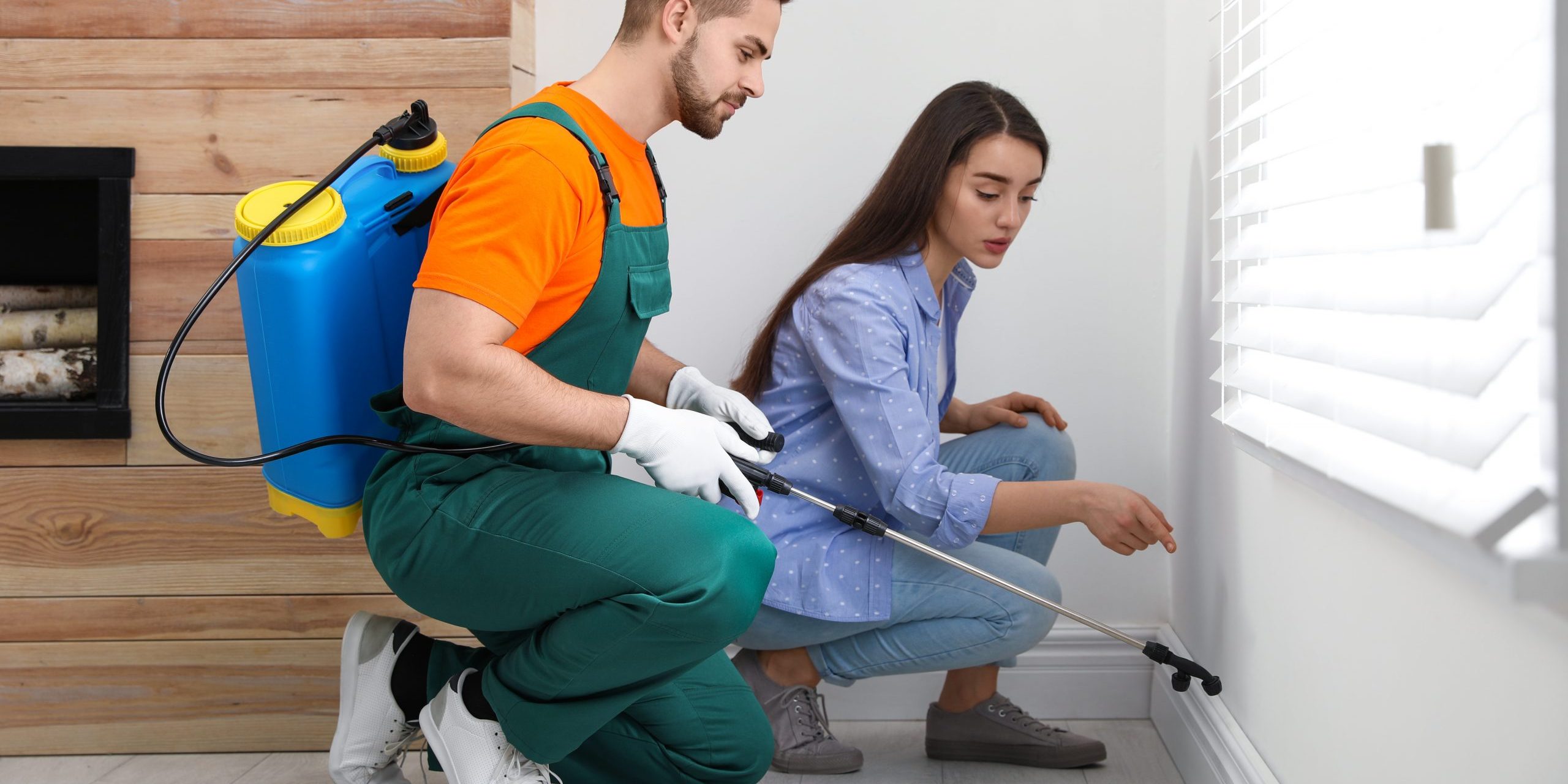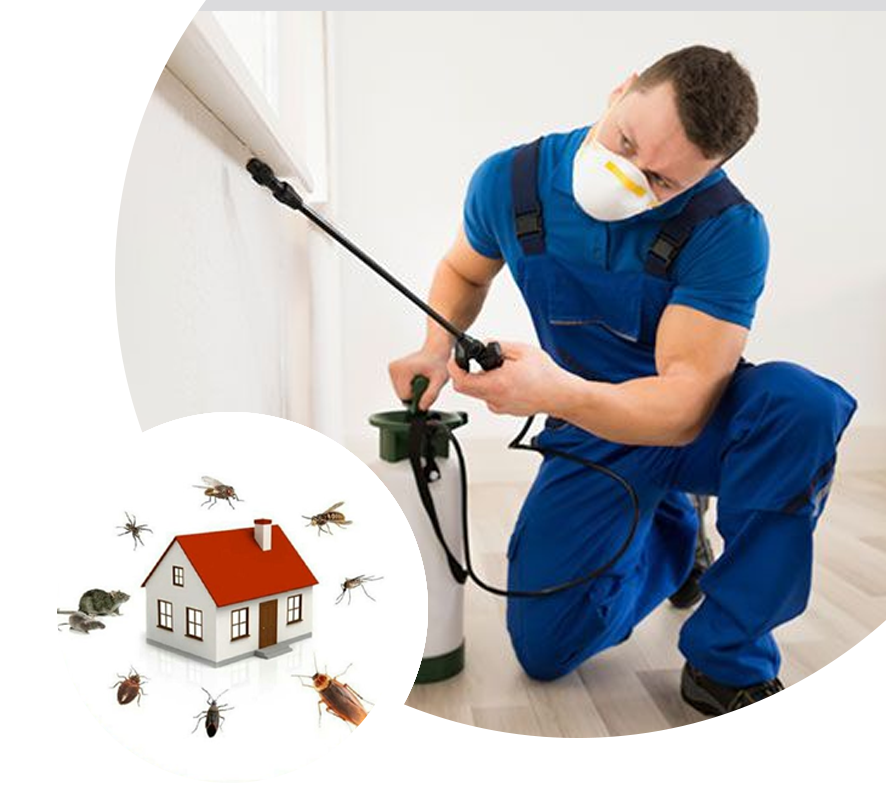Comprehensive Pest Control Services: Maintain Your Home Pest-Free!
Comprehensive Pest Control Services: Maintain Your Home Pest-Free!
Blog Article
Specialist Bug Control Techniques for Long-Term Outcomes
Specialist insect control techniques envelop a comprehensive approach that begins with a comprehensive examination and analysis, followed by exact pest recognition to comprehend their actions patterns. The application of Integrated Parasite Monitoring (IPM) principles, coupled with eco-conscious therapies, creates the foundation of lasting pest elimination.
Evaluation and Analysis
Upon going into a building for insect control services, the preliminary action is a detailed inspection and assessment to determine the degree of the problem and figure out the most reliable therapy plan. Professional insect control professionals are educated to meticulously analyze the properties, looking for signs of insect activity such as droppings, chomp marks, nests, or any kind of architectural damages. They will also evaluate the conditions that may be drawing in bugs, such as food resources, water leakages, or access points.

Bug Identification and Behavior

Additionally, comprehending the habits of the recognized pest is crucial to applying effective control measures. Knowing where insects nest, what they feed on, and their activity patterns can assist pest control experts design strategies to eliminate them effectively.
Integrated Insect Administration (IPM)
Integrated Parasite Management (IPM) strategies integrate several methods to control and stop bug infestations in a lasting and eco-friendly way. bed bug dog. By integrating techniques such as biological control, environment manipulation, modification of social practices, and using resistant varieties, IPM intends to reduce the usage of chemical pesticides
One of the key concepts of IPM is the emphasis on avoidance. This positive approach entails monitoring parasite populations frequently to spot any possible concerns prior to they intensify. By identifying pest problems early on, pest control measures can be implemented quickly and efficiently.
Furthermore, IPM promotes the usage of safe parasite control techniques whenever possible. This can include employing all-natural predators of the pests, presenting valuable pests, or making use of pheromones to disrupt breeding patterns. By decreasing dependence on chemical pesticides, IPM not only shields the atmosphere but additionally assists keep a balance in the ecological community.
Environmentally-Friendly Treatments
Applying eco-conscious approaches in pest control procedures can successfully attend to problems while focusing on ecological sustainability. Environmentally-friendly treatments focus on reducing the effect of bug control approaches on communities, non-target organisms, and human health and wellness.
An additional key aspect of environmentally-friendly therapies is making use of organic and eco-friendly products that damage down promptly without leaving hazardous deposits in the setting. Organic pesticides originated from plants like chrysanthemums or neem offer efficient exterminator insect control while posturing very little risk to non-target varieties. Using methods like heat treatments or pheromone catches can target specific parasites with accuracy, decreasing the total ecological impact of insect control techniques.
Recurring Surveillance and Upkeep
Normal assessments by trained specialists are essential to determine any indicators of insect task, assess the effectiveness of previous treatments, and make adjustments to the parasite control plan as needed. By monitoring bug populaces over time, insect control specialists can track fads, expect possible problems, and execute preventive measures to decrease the danger of future infestations.
Along with monitoring, upkeep techniques are vital for long-lasting bug control success. This includes carrying out correct sanitation steps to get rid of prospective food and water resources for insects, sealing off entry indicate stop bugs from getting in the properties, and dealing with any type of architectural concerns that could promote pest invasions (pest control). By incorporating continuous monitoring and upkeep right into an incorporated insect management technique, companies can ensure a pest-free setting and protect their residential property against costly damages and health threats
Final Thought
In conclusion, making use of expert pest control strategies such as thorough inspection and evaluation, precise bug recognition and understanding of their actions, integrated pest administration methods, environmentally-friendly therapies, and ongoing monitoring and maintenance are necessary for attaining lasting results in insect control. By executing these techniques, people can properly handle parasite infestations and maintain a pest-free atmosphere in a sustainable way.
Report this page